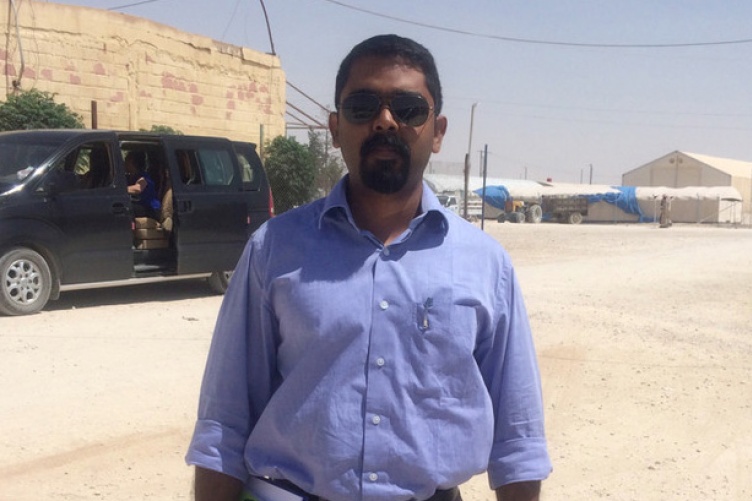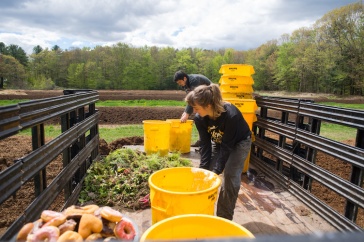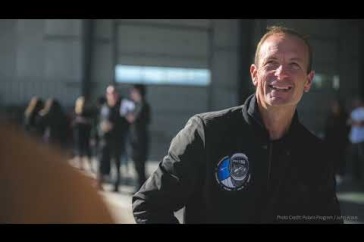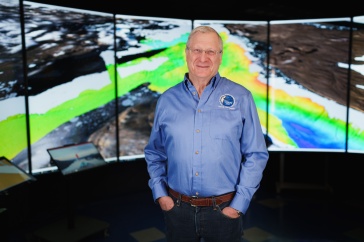
Nishanth Arulappan was mid-way through medical school when he realized medicine could not be the sole focus of his career. He felt there was more – more of life to experience and more pathways in which he could be an effective agent of change – beyond the everyday routine of a doctor in clinical practice.
Becoming a physician, however, had always been the plan. His father is an academic, and his mother is a faculty member at a medical school. The expectation that he would follow into medicine was natural, yet for Arulappan, a creative concept of an alternate path tugged at his mind and heart.
After his epiphany in medical school, Arulappan spent a year in the Himalayas of northern India. He began investigating options for a future that would allow him to practice medicine and fulfill his desire to do more. His search led him to Médecins Sans Frontières (MSF), an “international, independent medical humanitarian organization…[that is] guided by medical ethics, and the principles of impartiality, independence, and neutrality” (msf.org), known in the U.S. as Doctors Without Borders.
In his capacity as a physician with MSF, Arulappan has been on missions in some of the most dangerous conflict areas in the world. The MSF doctors, nurses, and staff save lives on the front lines of conflict zones, in extreme situations, treating patients on both sides of warring factions. MSF’s focus on impartiality and neutrality allows the organization access to areas that are cut off from other humanitarian organizations and NGOs. Yet the additional challenges his patients faced prompted Arulappan to think about larger issues. He could treat a gunshot wound and remove shrapnel from an IED or landmine, but when the patients left the hospital and went back to their camps or settlements, the contextual threats continued to remain. There were larger risk factors pertaining to politics, security, economics, food, and the environment, among other concerns, that continued to challenge the safety and well-being of civilians in these regions. Health was just one piece of the big picture. Working to mitigate these other risks and building local resilience, could, by extension, ensure health.
“To develop long term, sustainable results, diplomatic cooperation in the area of health is needed” states Arulappan. “Pure clinical knowledge can save individual lives, but knowledge of various intersectoral and cross-cutting issues is needed to develop relevant and resilient solutions in politically volatile environments.”
He soon began another search – for a graduate program that would provide him theoretical and practical tools to pair with his medical knowledge, to prepare him to create positive change in contexts of state fragility. A friend and colleague encouraged him to research UNH’s master’s degree in global conflict and human security (GCHS). Arulappan found the GCHS program offered courses such as Global Conflict & Human Security, International Development and Human Security, Global Governance & Human Security, Environmental Security, Climate Change & Conflict, along with other courses in research methodology and project design and management in insecure contexts. Additionally, the program’s capstone has students designing their own development project or research project that is implemented in the field.
From his original impulse to realize a fulfilling life beyond caring for patients in a clinical setting, to his time in conflict areas, to his current studies at UNH, Arulappan continues to strive to achieve more. And in GCHS, he’s found the perfect program that will help him affect real change in areas where human security is most at risk.
-
Written By:
Katherine Carlman | UNH Security Studies | Katherine.Carlman@unh.edu
















































